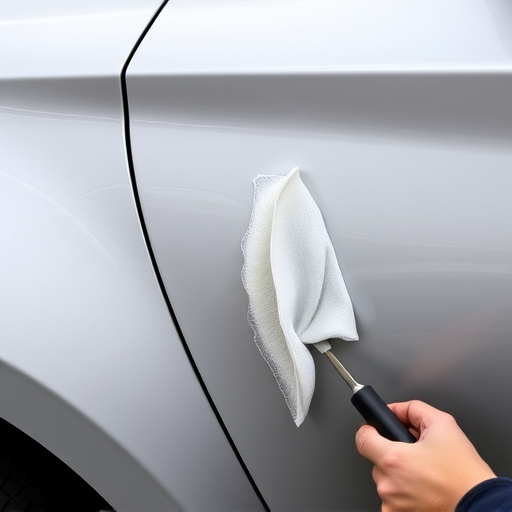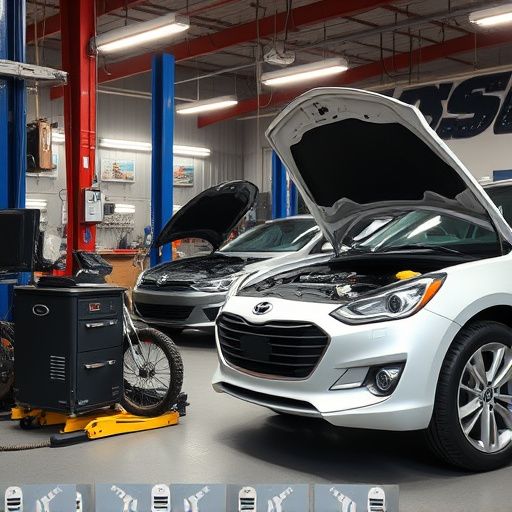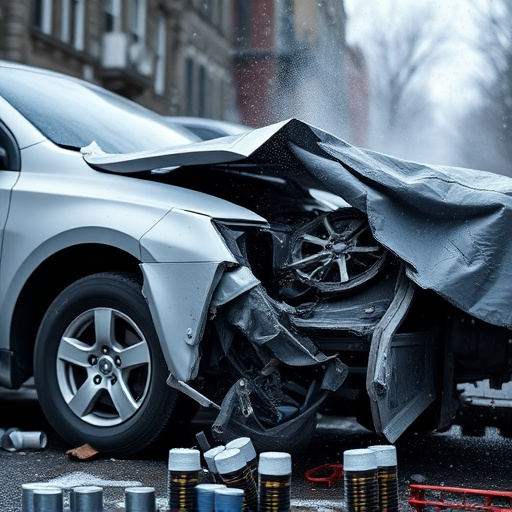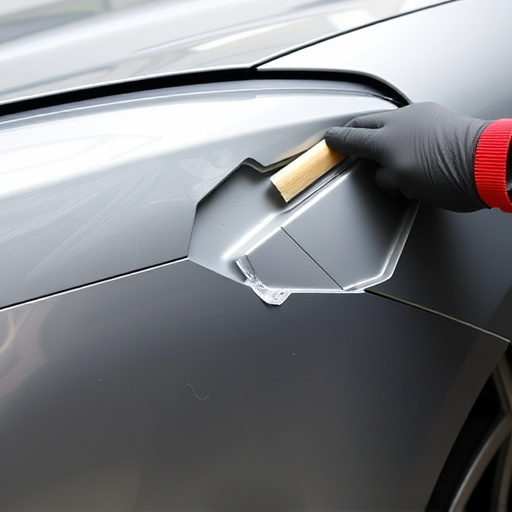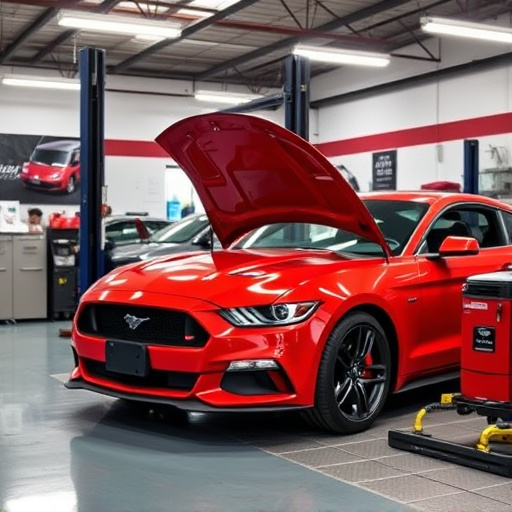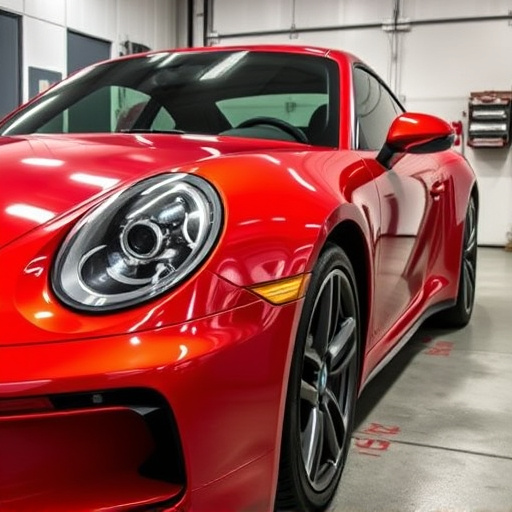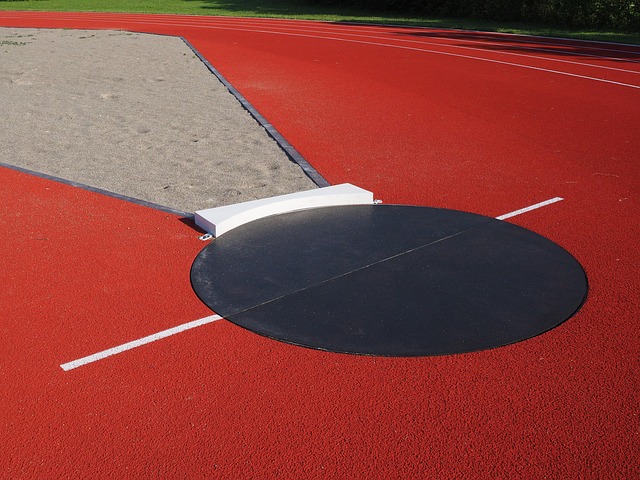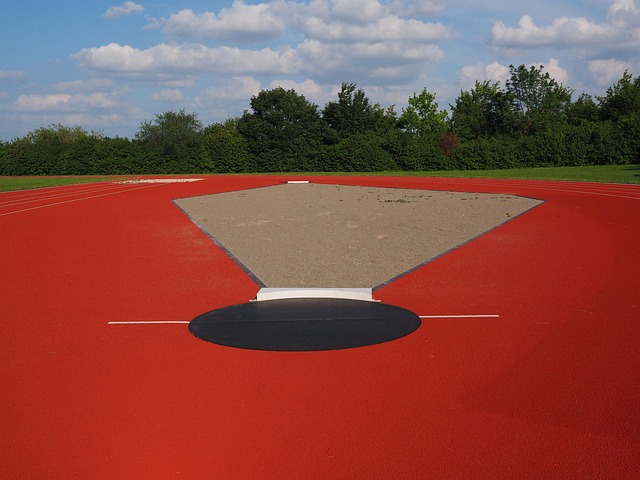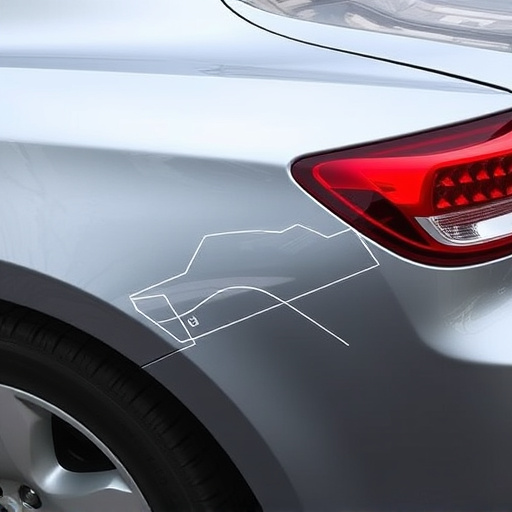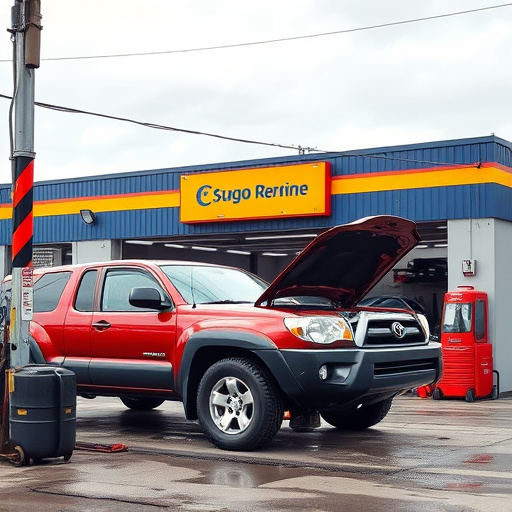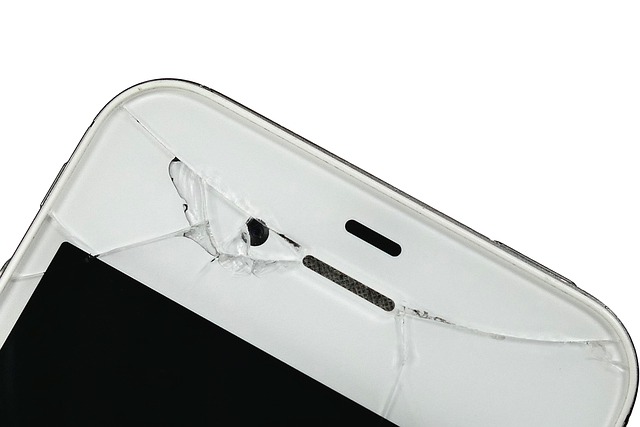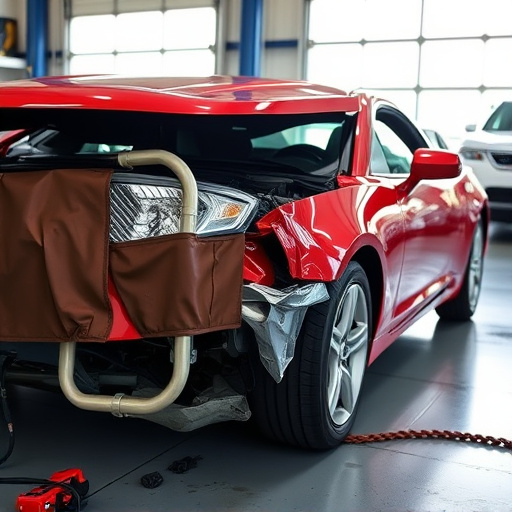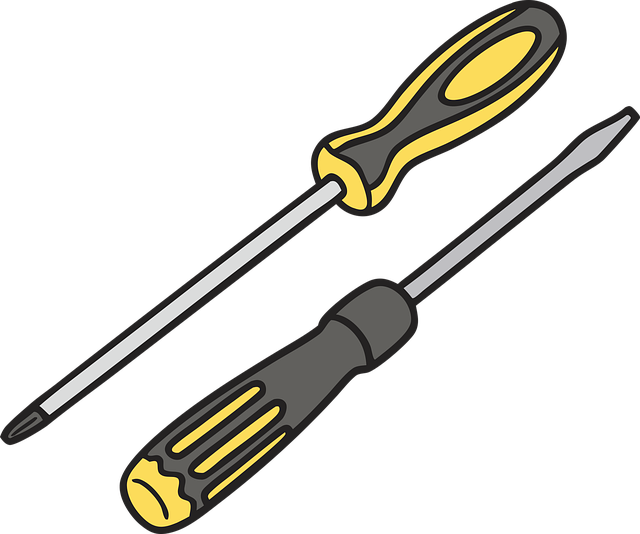Tesla's commitment to excellence extends beyond electric vehicle manufacturing, with their repair quality control setting industry benchmarks. Utilizing advanced diagnostics, genuine parts, and skilled technicians, Tesla ensures structural integrity and performance standards for all repairs, major or minor. However, despite high customer satisfaction, their service centers sometimes fall short in areas like body repair, auto glass, and car paint work. To maintain its leadership position, Tesla must continue refining its processes, leveraging data and technology to set new standards globally in vehicle repair services, reinforcing its brand image and customer loyalty.
“Uncovering the intricacies of Tesla’s repair quality control is essential in understanding its competitive stance within the automotive industry. This article delves into Tesla’s unique approach to ensuring vehicle excellence, comparing it to established industry norms. We explore how Tesla’s processes, from diagnostics to post-repair assessments, stack up against market standards. Furthermore, we analyze the implications for Tesla’s reputation and forecast potential future enhancements in its repair quality control practices.”
- Understanding Tesla's Repair Quality Control Processes
- Comparing Tesla to Industry Standards: A Deep Dive
- Implications and Future Outlook for Tesla's Reputational Repair
Understanding Tesla's Repair Quality Control Processes
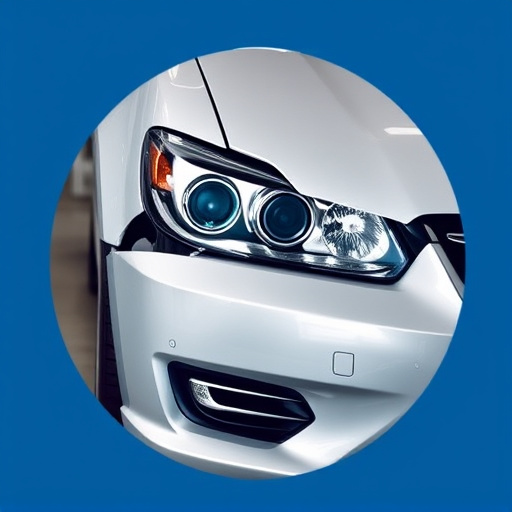
Tesla, a pioneer in electric vehicles, has also set high standards for its repair and quality control processes. The company’s approach to vehicle maintenance is unique, with a focus on both technological innovation and meticulous craftsmanship. Tesla’s repair quality control involves a multi-step process that starts with an advanced diagnostic system. When a vehicle arrives at an authorized service center, specialized equipment identifies issues accurately, ensuring only necessary repairs are undertaken.
This methodical approach extends to every aspect of the repair, from parts selection—where genuine Tesla components are used—to the actual fixing process, which is carried out by highly trained technicians. Each step undergoes rigorous quality checks, guaranteeing not just the structural integrity of the vehicle but also its performance and safety standards, especially after incidents like a fender bender or car dent repair in an automotive body shop.
Comparing Tesla to Industry Standards: A Deep Dive
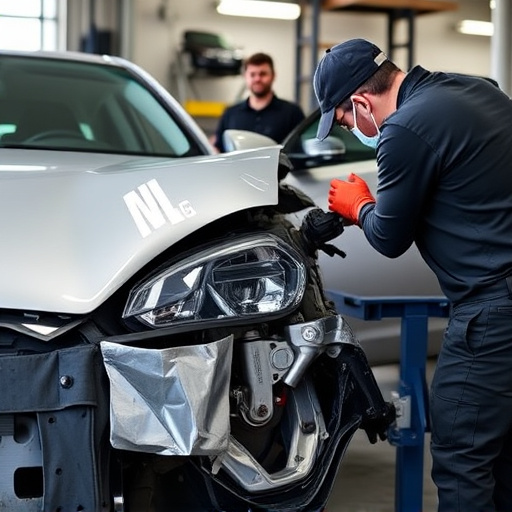
When evaluating Tesla repair quality control, it’s crucial to contextualize their performance against industry standards. While Tesla has garnered a reputation for innovation and cutting-edge technology in vehicle manufacturing, their repair and service centers are not immune to variations in quality across the automotive industry. In fact, direct comparisons between Tesla and industry norms can offer valuable insights into areas where they excel and where there’s room for improvement.
Delving deeper into these metrics, we find that while Tesla consistently scores highly in customer satisfaction surveys, their vehicle body repair, auto glass repair, and car paint services sometimes fall short of industry benchmarks. This discrepancy could be attributed to the specialized nature of electric vehicle (EV) repairs, which require unique skills and tools not commonly found in traditional dealerships. Nonetheless, it underscores the importance for Tesla to continue refining its repair quality control processes, ensuring both the safety and aesthetic integrity of their vehicles aligns with or exceeds industry standards.
Implications and Future Outlook for Tesla's Reputational Repair
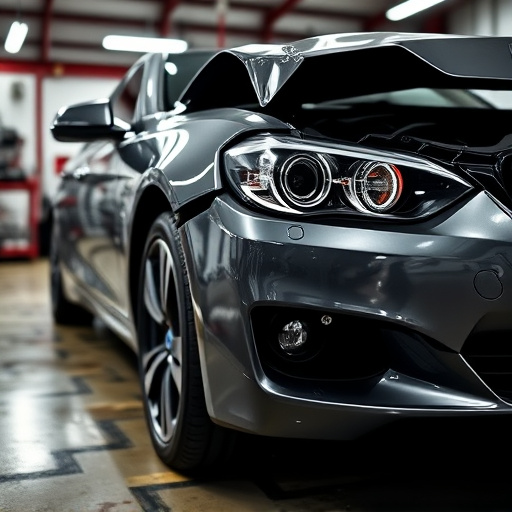
The implications of Tesla’s repair quality control practices on its reputational landscape are significant. As a pioneering electric vehicle (EV) manufacturer, Tesla has established itself as an industry leader known for innovative technology and sustainability. However, consistent quality control in auto repair services, particularly for complex vehicle systems like EVs, is paramount to maintaining customer trust and satisfaction. Any deviation from industry norms in car paint services or overall repair accuracy can impact the brand’s image and loyalty among its growing customer base.
Looking ahead, Tesla has a unique opportunity to shape the future of automotive repair quality control by leveraging its vast data and advanced technologies. By continuously refining their processes and ensuring consistency across global service centers, Tesla can set new standards in vehicle repair services. This not only enhances customer experience but also reinforces the company’s commitment to excellence, solidifying its position as a leader not just in EV manufacturing but also in redefining auto repair expectations.
In comparing Tesla’s repair quality control processes to industry norms, it becomes evident that while Tesla has made strides in certain areas, there are still significant gaps. The company’s focus on innovative technology and rapid service has, at times, led to inconsistent repair quality. However, by adopting more rigorous quality control measures and adhering to industry standards, Tesla can enhance its reputational repair and ensure customer satisfaction. Continuous improvement in this domain will be crucial for Tesla’s long-term success in the competitive automotive market.
